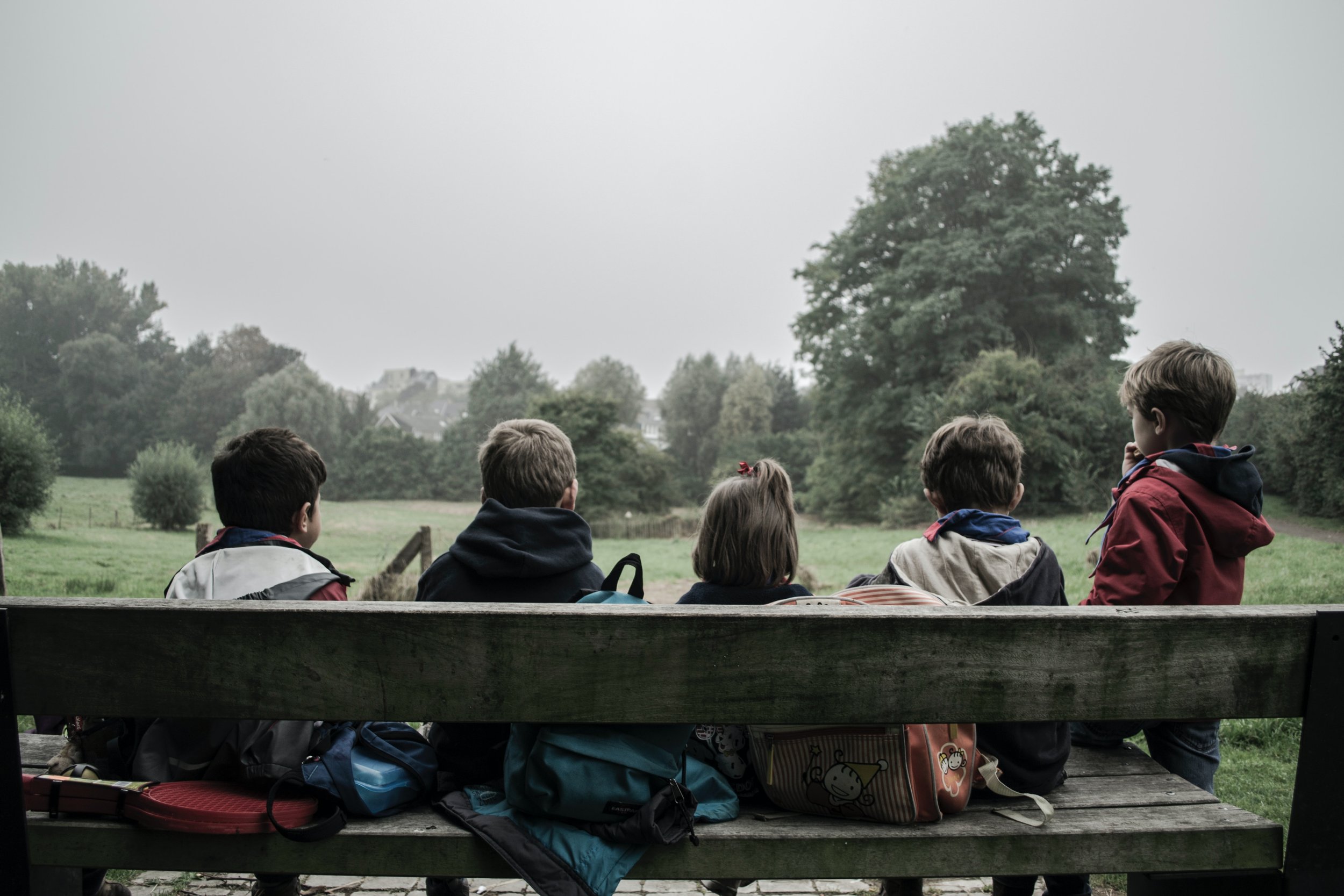What Are The Telltale Signs Of Developmental Delays In Children?
/As a parent, you will no doubt be watching everything that your new child does, so you will be ideally placed to spot if they are not progressing as you think they should. You might be concerned because they are not developing at the same pace as an older sibling did or as children in the same age bracket.
Of course, there is a broad range of “normal” development, but significant lags in achieving milestones in these areas might be signs of developmental delays. Read on for some common signs of developmental delays in children.
1. Physical development
This is the easiest area to start with, as before any speech or social development takes place, your child should be performing movements such as rolling over and sitting up. If their physical development is impaired, however, they may have trouble grasping objects, or when they first try to stand, they could have unusually poor balance. This would be backed in later months by trouble walking or buttoning clothes. A common cause of developmental disabilities like these could be an injury caused during birth.
In most cases, the repercussions of a birth injury are immediately apparent, but sometimes, they are not noticeable until the child is a few months or years old. To ensure you get the support required to access the right resources for your child, you should seek out a reputable birth trauma lawyer. This way, you will have professionals on your side who will be happy to act in your child’s best interests.
2. Speech development
Not all the signs of developmental delays are physical, and they can also become apparent if your child has trouble with speech. They could experience difficulty forming words and sentences compared to the children around them and have trouble understanding what is being said to them. This can include not understanding simple directions or questions, even when augmented with gestures.
3. Cognitive development
As a follow-on from this, you might find that your child has limited curiosity in their environment and no intention of interacting with it. You may also see signs of an inability to solve simple logical problems or retain any new information. This may overlap with a lack of interest or ability when it comes to feeding or dressing themselves, or even going to the toilet.
4. Social development
You might also experience a lack of interest in interacting with other children (or even you). This could manifest as not wanting to play or share anything that they do form an attachment to. In addition, any separation from an object with which they have formed an attachment could lead to a disproportionate emotional response or amount of distress in comparison to other children of the same age.
A few final thoughts
These are just some of the signs of developmental delays, and you should also be aware that these can also become apparent due to problems with vision and hearing. For instance, if your child frequently rubs their eyes, tilts their head, and has trouble focusing on objects, you may have cause for concern. It could also be the case if they do not make eye contact with you or react to loud noises such as a dog barking or a door slamming.













